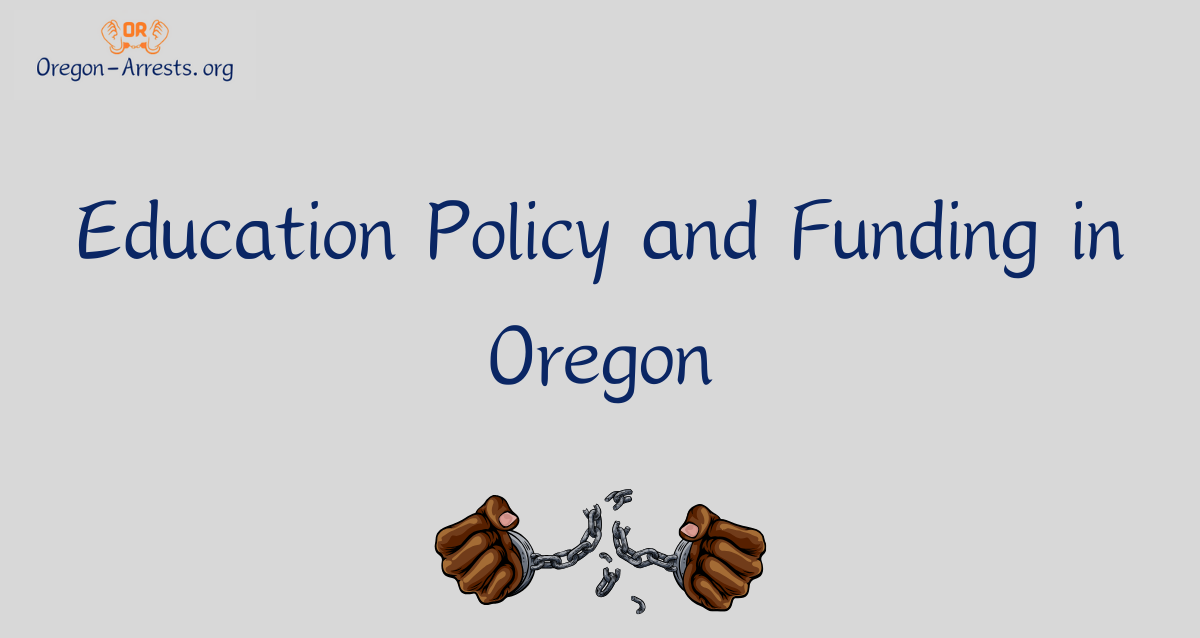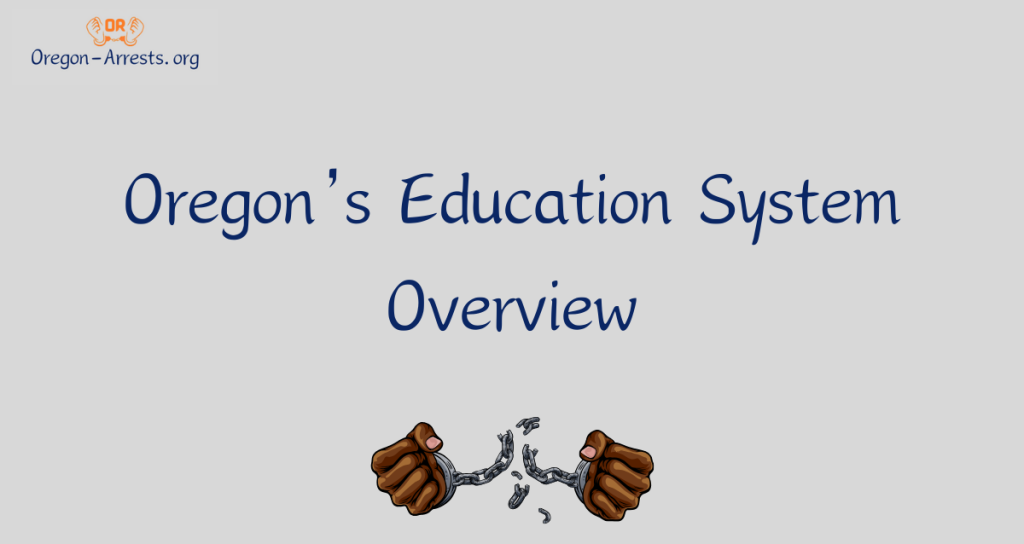Education Policy and Funding in Oregon
Education is the cornerstone of a prosperous and thriving society. In the state of Oregon, the education policy and funding landscape have undergone significant changes over the years, shaping the quality of education provided to its residents. This article will explore the evolution of education policy in Oregon, the current state of education funding, the challenges faced, recent policy reforms, and their impact on students. We will also delve into issues of equity, innovations in education, teacher compensation, community involvement, and the higher education landscape. Finally, we will discuss the future outlook for education policy in the state.
Historical Overview of Education Policy in Oregon
Oregon’s commitment to education dates back to its early history. In 1859, when it became a state, the Oregon Constitution established the importance of a public school system. However, the state faced challenges in providing consistent funding for education, resulting in disparities across school districts.
Current State of Education Funding
Oregon’s education funding has seen fluctuations over the years, with a heavy reliance on income and property taxes. The state has struggled to provide adequate funding for schools, leading to issues such as overcrowded classrooms and outdated educational materials.
Challenges Faced by Oregon’s Education System
- Budget Shortfalls: Insufficient funding has been a persistent challenge, affecting the quality of education and student outcomes.
- Rural Education: Rural schools face unique challenges in terms of funding and resources.
- Achievement Gaps: Disparities in educational outcomes persist among different student populations.
- Teacher Shortages: Attracting and retaining qualified educators has been a struggle.
Recent Policy Reforms
Recent years have seen efforts to address these challenges through various policy reforms, including:
- Student Success Act: A landmark legislation aimed at increasing funding for schools and supporting underserved students.
- Equity Initiatives: Focused on reducing achievement gaps among students from diverse backgrounds.
- Innovations in Education: Encouraging new teaching methods and technologies.
- Teacher Compensation: Measures to improve teacher salaries and retention rates.
Impact of Education Policy on Students
The changes in education policy have had a tangible impact on students. Improved funding has led to smaller class sizes, updated materials, and increased access to educational opportunities. Efforts to address equity issues have resulted in better outcomes for historically disadvantaged students.
Equity in Education
Ensuring that every student, regardless of their background, has access to quality education remains a top priority. Initiatives like the Student Success Act aim to reduce disparities and provide additional support to students who need it the most.
Innovations in Education
Oregon is embracing innovation in education, with technology playing a significant role. Online learning platforms, interactive classrooms, and personalized learning experiences are becoming more common.
Teacher Compensation and Retention
Recognizing the importance of teachers, Oregon has taken steps to improve their compensation and support. Competitive salaries and professional development opportunities are essential in retaining talented educators.
Community Involvement in Education
Community engagement is crucial in shaping education policy and ensuring its effectiveness. Parents, local businesses, and community organizations all play a role in supporting schools and students.
Higher Education in Oregon
The state’s commitment to education extends to higher education institutions. Oregon boasts several universities and colleges that offer diverse academic programs and opportunities for students.
Future Outlook for Education Policy
As Oregon continues to evolve its education policy, the future looks promising. The focus on equity, innovation, and community involvement will likely lead to a stronger and more inclusive education system.
FAQ’s
What is the current education policy in Oregon?
Oregon follows a comprehensive education policy that aims to provide quality education to all students. It includes standards for curriculum, instruction, and assessment, as well as guidelines for teacher evaluations and professional development.
How is education funded in Oregon?
Education in Oregon is primarily funded through a combination of state funds, local property taxes, and federal grants. The state allocates a significant portion of its budget to education, while local communities contribute through property taxes. Federal funding is also provided to support specific programs and initiatives.
How are funds distributed to schools in Oregon?
Funds are distributed to schools in Oregon through a funding formula that takes into account various factors, such as student enrollment, district size, and specific student needs. The formula aims to ensure equitable distribution of funds, but disparities may exist between districts based on local property tax revenue and other factors.
Are there any recent changes in education policy or funding in Oregon?
Education policy and funding in Oregon can change periodically. Recent changes may include updates to curriculum standards, adjustments in funding allocations, or implementation of new programs or initiatives. It is important to stay updated with the latest information from the Oregon Department of Education.
How does education policy and funding impact student outcomes?
Education policy and funding have a significant impact on student outcomes. Sufficient funding allows schools to provide necessary resources, support programs, and attract and retain high-quality teachers. Effective education policies can promote equity, improve instructional practices, and enhance student achievement.
How can I get involved in advocating for education policy and funding in Oregon?
If you are interested in advocating for education policy and funding in Oregon, there are several ways to get involved. You can contact your local representatives, join parent-teacher associations or education advocacy groups, attend public hearings or meetings, and stay informed about relevant legislation and initiatives. Your voice and participation can make a difference in shaping education policies and funding decisions.







